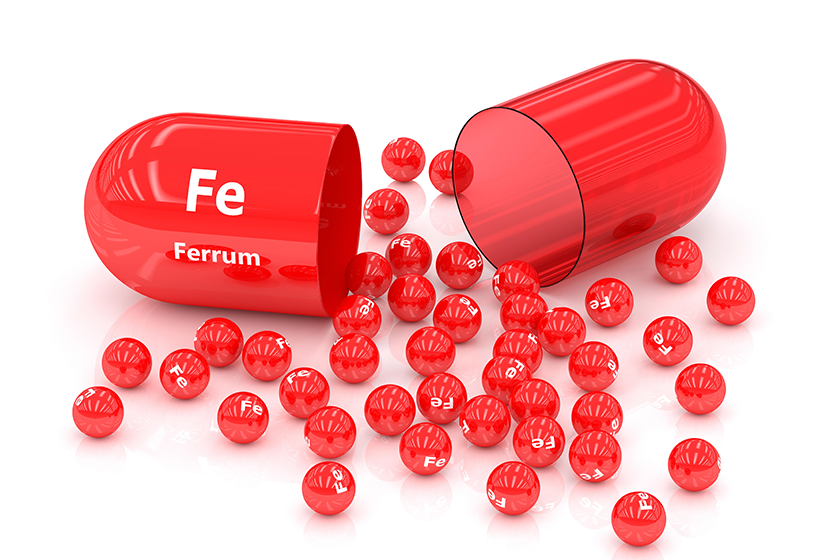As we reach our 80s and beyond, our bodies go through natural changes and taking iron after 80 may be a consideration for many. While iron is necessary for overall health, especially for maintaining energy levels and supporting immune function, it’s not always needed for everyone in this age group. Let’s take a closer look at when iron supplements may be beneficial and when it’s better to skip them.
Understanding Iron’s Role in the Body
Iron plays an important role in producing hemoglobin. It is responsible for transporting oxygen throughout our body. Adequate iron levels can help prevent fatigue, keep the immune system strong and support general health. However, the amount of iron we need can change with age, especially for women after menopause and for men as they reach their later years.
For most people, a balanced diet can provide sufficient iron. Foods like lean meats, poultry, fish, beans and leafy greens are all great sources of iron. In some cases, though, factors like diet restrictions, chronic health conditions or reduced iron absorption can lead to lower iron levels. This is when supplementation might be considered.
When Should You Consider Taking Iron Supplements?
Taking iron after 80 is generally only necessary if there’s a medical need for it. Iron deficiency can lead to anemia, which causes symptoms like fatigue, pale skin, weakness and even shortness of breath. If you experience these symptoms, it’s needed to discuss them with your doctor and get a blood test to determine if your iron levels are low. Only a medical professional can determine if supplements are appropriate.
If you have certain medical conditions or dietary restrictions that affect iron absorption, you may be more at risk for low iron levels. Vegetarians and vegans, for example, may need extra iron due to the limited availability of this nutrient in plant-based foods. However, it’s still important to confirm the need for supplements with a doctor rather than assuming they are needed.
Potential Risks of Too Much Iron
Iron supplements can be helpful, but they aren’t right for everyone. Taking iron without a deficiency can lead to iron overload. Excess iron is stored in the body’s organs and over time, this can cause damage to the liver, heart and other organs. Too much iron has also been linked to a higher risk of certain health conditions, such as Type 2 diabetes and heart disease.
For most individuals over 80, a well-balanced diet offers enough iron to meet daily needs without the risk of excess. That’s why it’s important to only take iron supplements under medical guidance.
How to Maintain Healthy Iron Levels Naturally
If you’re aiming to maintain iron levels without supplements, a nutrient-rich diet is key. Foods like lean meat, poultry, fish, eggs, beans, lentils and dark leafy greens provide iron, as do fortified cereals and grains. Pairing these foods with sources of vitamin C, such as citrus fruits or bell peppers, can help enhance iron absorption.
Staying mindful of your diet and scheduling regular check-ups with your doctor are simple but effective ways to keep track of your iron levels.
In most cases, taking iron after 80 isn’t necessary unless you have a diagnosed deficiency or health condition affecting your iron levels. Before considering supplements, talk to your doctor, get your iron levels checked and discuss any symptoms you may be experiencing.
Supporting our health as we age is all about making informed decisions. In our community, our exclusive senior living programs are designed to prioritize residents’ health and well-being. We empower you with guidance to make choices that truly benefit your health. Let’s take each step with care.







